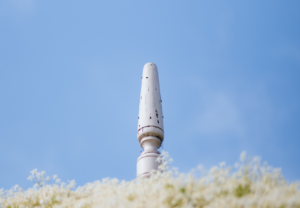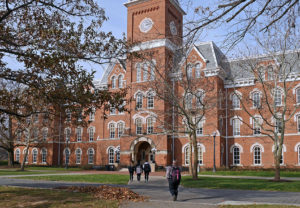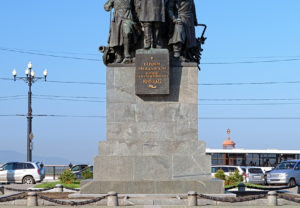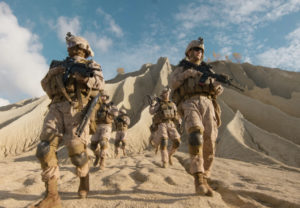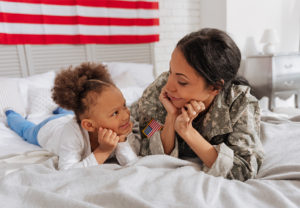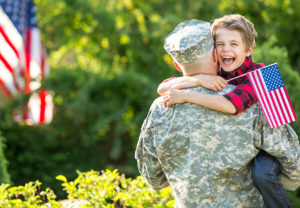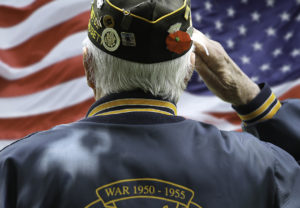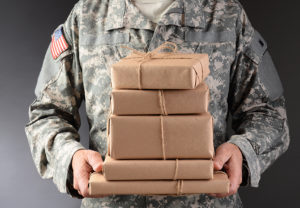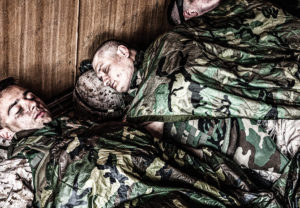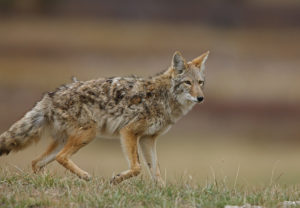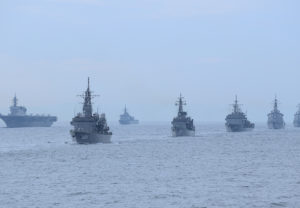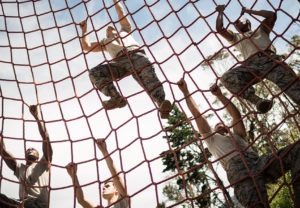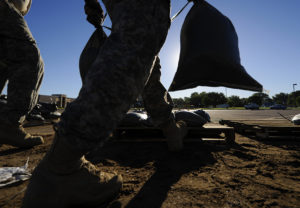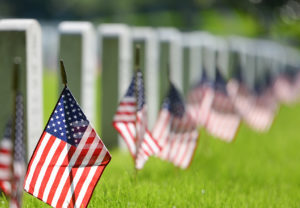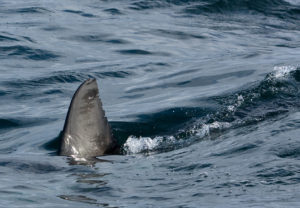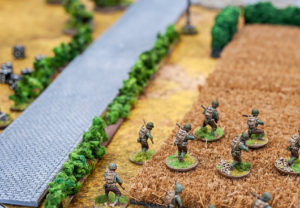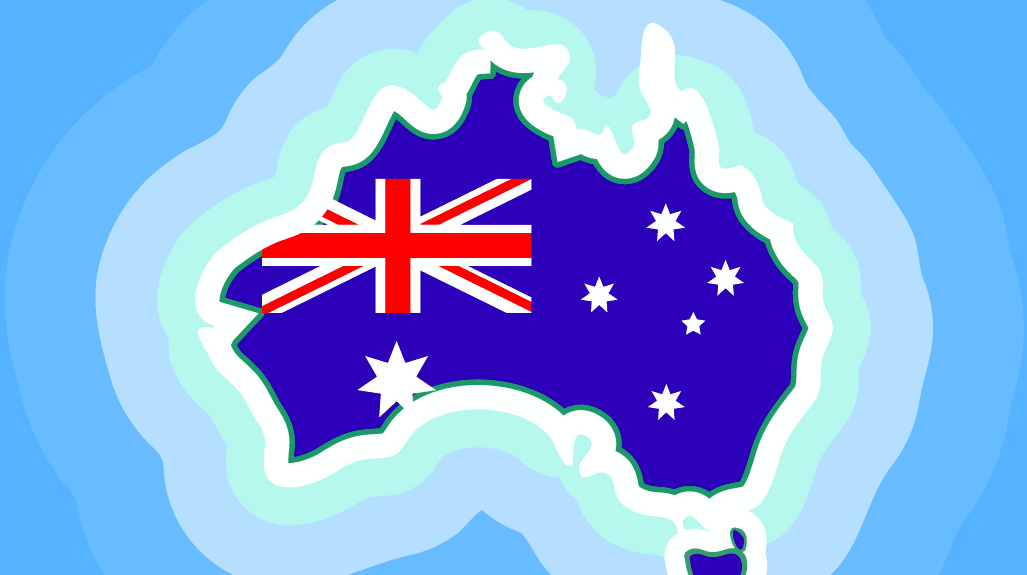Australia purports itself to be a nation of hardened bastards. A sovereign nation of citizens living, breathing and talking as the remnants of evil in their blood courses swiftly through their veins.
Rugged blokes and birds. Stout, heavy-duty mates.
That is, until the United States asks them to flex their military muscles a tad bit more.
In which case, they don’t listen.
This from the Air Force Times:
Defense Minister Marise Payne’s office said in a statement that the United States had asked 40 countries including European nations “to consider expanded contributions” to the U.S.-led coalition fighting in the Middle East after the Islamic State group claimed responsibility for the Nov. 13 attacks on Paris cafes, restaurants, a sports stadium and a music hall that killed 130 people.
“Australia has considered the request from U.S. Secretary of Defense Ash Carter in light of the substantial contributions we are already making to train Iraqi security forces and to the air campaign,” the statement said.
“The government has advised Secretary Carter that our existing contributions will continue,” it said.
In other words, Australia told America to take their whinging somewhere else, because they’re not changing anything when it comes to their military “contributions”.
The decision hasn’t struck everyone in the country as delightfully as it has Turnbull and his administration. After all, the U.S. is Australia’s most important ally when it comes to security and protection — many have questioned as to why the leader would dare buck such demands.
It’s also unprecedented.
More from the Air Forces Times:
Sydney’s The Daily Telegraph newspaper reported that Turnbull had become the first Australian prime minister to refuse a U.S. request to supply more troops in a conflict zone.
Turnbull replaced Tony Abbott as prime minister in September, and Abbott has since become more hawkish in his statements on military intervention in Iraq and Syria, calling for a greater effort in ground warfare.
Australia describes itself as the largest contributor to the coalition after the United States, with 780 Australian military personnel in the Middle East and aircraft including six F/A-18 Hornet jet fighters striking Islamic State targets in Iraq and Syria.


